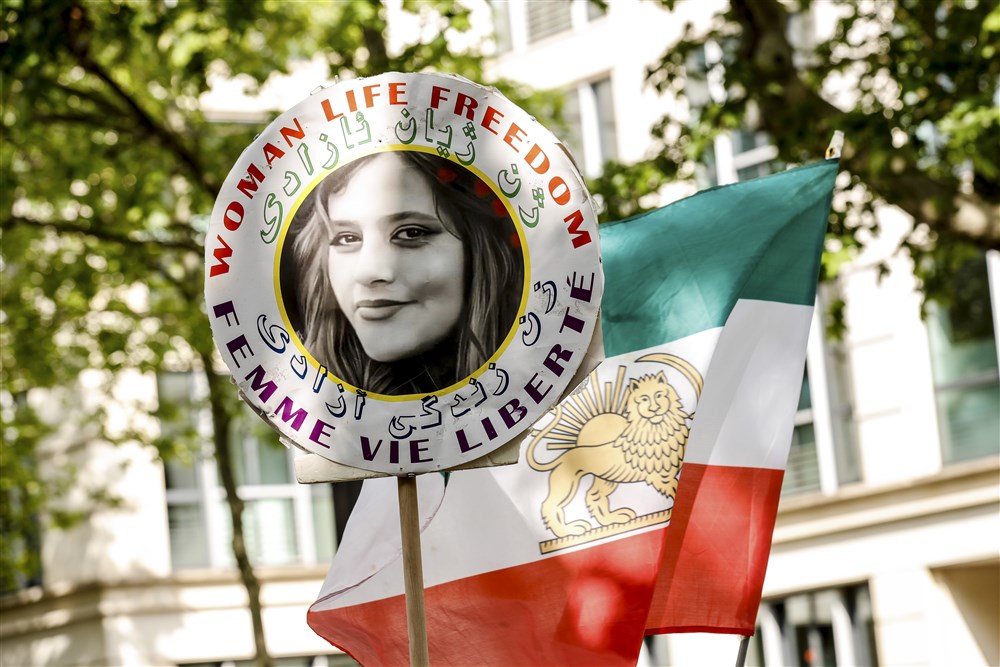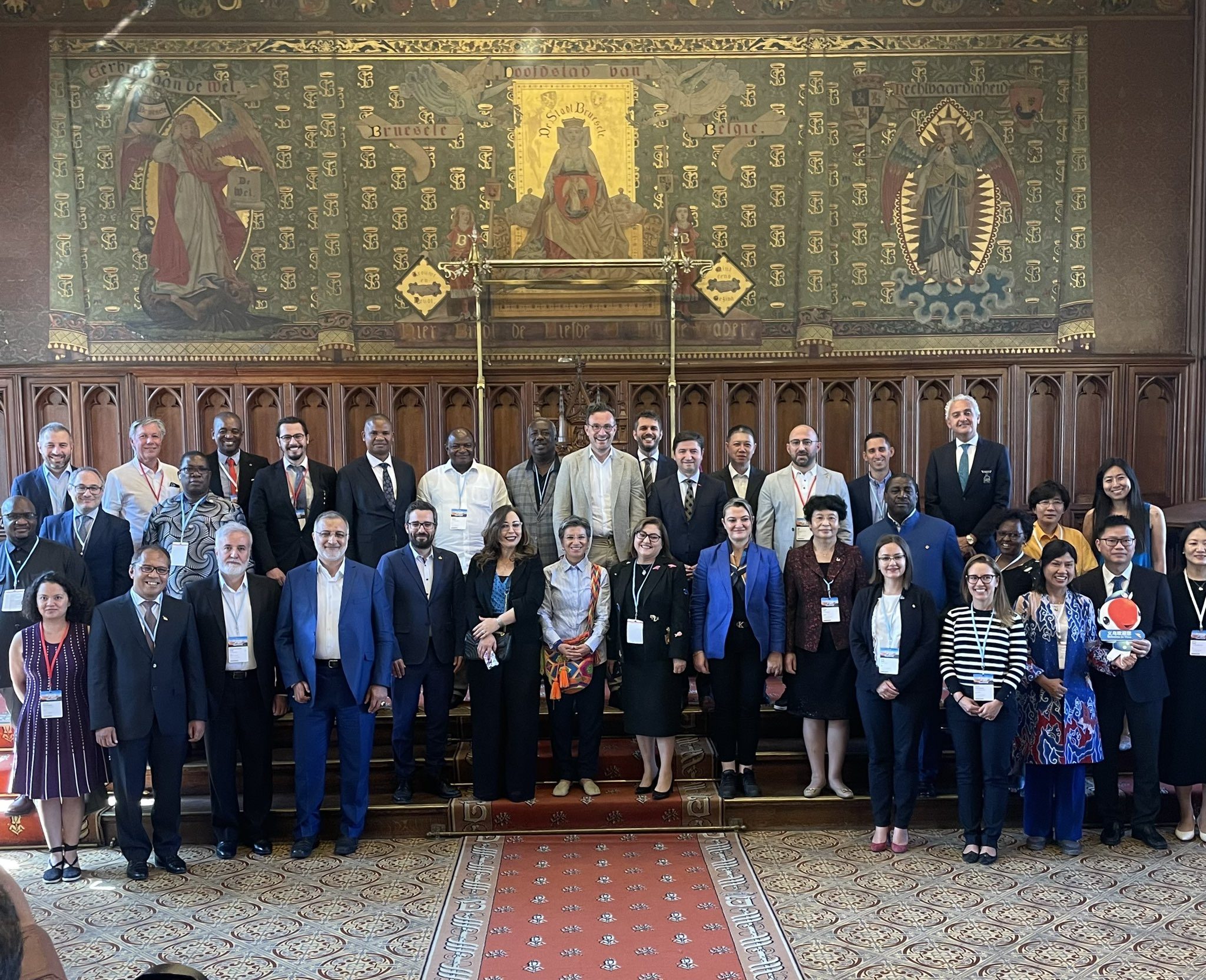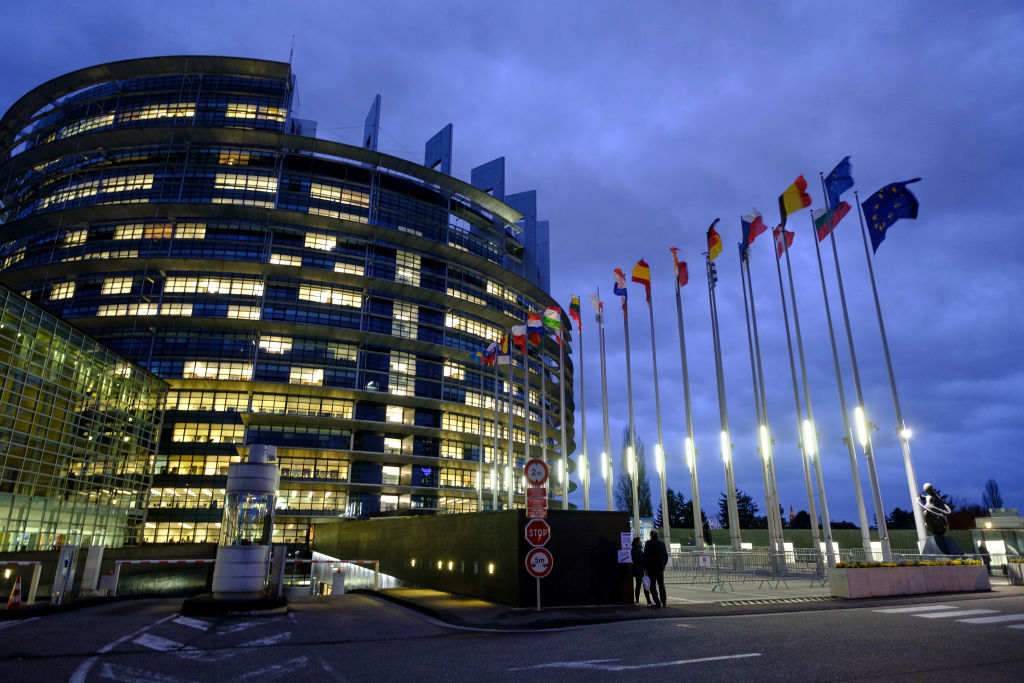Pascal Smet, Secretary of State for the Brussels-Capital Region, stepped down on June 18, claiming he had been “thrown under the bus” after the backlash he received for inviting the hard-line Islamist mayor of Teheran and a delegation of fellow Iranians.
Smet’s position became untenable after internal cabinet emails showed he had insisted on inviting Alizera Zakani and his entourage to the Brussels Urban Summit on June 12. To add insult to injury for many, it turned out that the Brussels-Capital Region paid for the Iranians’ hotel accommodation.
In the press conference announcing his resignation, Smet said he “didn’t made a mistake” himself, but “it happened under my responsibility”. He said he felt he’d been “thrown under the bus” by Belgian Minister of Foreign affairs, Hadja Lahbib, who provided residential visas to the invited Iranians, albeit it upon his request.
Smet said the fact that his own cabinet had paid the Iranians’ expenses was due to an “error of judgment by a staff member”.
He said: “My staff member accepted that without notifying me…Another person might fire their employee now, but that’s not how I am.”
Smet pointed out that it was Lahbib who provided residential visas to the invited Iranians.
“Hadja Lahbib must decide for herself whether she should take that step [resign] too,” he added.
Thank you for making #BUS2023 such a success! Your participation, engagement, and passion were truly inspiring. Together, we shape the future of our cities. Let's continue driving positive change! @brusselsint @EUROCITIES @metropolis_org @OECD_local @SmetPascal @SPRB_GOB @rbc_bhg pic.twitter.com/jbgz9mZnpX
— Brussels Urban Summit (@BUS_2023) June 16, 2023
He told the press he felt “thrown under the bus” by the minister after she earlier revealed she initially denied visas for Zakani and his people but gave in when Smet actively intervened to plead for their presence. He also indicated he felt people didn’t take the city diplomacy of Brussels seriously.
The internal emails show that the cabinet of Smet at first seemed to accept advice from the Foreign Affairs office to decline invites due to the “current circumstances” in Iran. That was in reference to the Iranian regime’s violent suppression of protests, mistreatment women and homosexuals, executions of opposition members and the hostage-taking of foreigners.
At that point, the issue related to four Iranians, and the Foreign Affairs office explicitly advised against inviting them. However, Smet then started lobbying on their behalf, saying there was an “international logic” behind inviting them. “If you want people to change their minds, you have to talk to them. Women’s rights were put on the agenda at Metropolis by Brussels, among others,” he said.
Later, the organisation behind the event, Metropolis, of whom Zakani is vice-president, thanked Smet for his “successful” work with Belgian Foreign Affairs.
Days before the Urban Summit, it emerged that Iran was sending not four but 14 people. Upon their arrival, Smet seemingly rolled out the red carpet for Zakani, widely believed to be connected with violent and radical organisations that support the Iranian dictatorial regime and its extremist policies.
Eyebrows were also raised by the fact that the vice-mayor from the Russian city of Kazan was also invited.
Zakani was accompanied by what many suspected were secret agents. While on the visit, they apparently took pictures of local Iranian protesters, probably to identify them and even intimidate their family members in Iran, according to political sources in the city.
That further fuelled outrage at their presence among the Iranian community and political opposition in Belgium, who said the visit meant the country would lose international credibility as a safe haven for political refugees. The opposition has also called for the resignation of Lahbib over the affair.
One of the Iranians said to have been taking photos was Abdolmotahar Mohammadkhani, who many say has ties to the Islamic Revolutionary Guard. When Darya Safai, who fled her native Iran as a refugee to Belgium and where, in 2019, she was elected to the Belgian Parliament, tweeted about this, Mohammadkhani replied to ask if she also was a member of MEK, the Iranian opposition movement.
Municipality’s Spokesman @AbdolMotahhar has deemed @BUS_2023 productive & fruitful, underlining that #Tehran pursued & fulfilled certain aims during the event. https://t.co/h6jSGoIuVt pic.twitter.com/Jl5Q8rMOMB
— Municipality of Tehran (@en_tehran_ir) June 15, 2023
That comment was seen to be outright Iranian intimidation, given how violently Iran deals with opposition. A suspected member of the Iranian regime was behind an attempt to bomb a meeting of the MEK in Paris, in 2018, in what would have been a bloodbath.
The attempted attack led to the conviction of the terrorist Asadollah Asadi, who was recently was involved in a prisoner swap with Belgian Olivier Vandecasteele and three other people, under the auspices of Prime Minister, Alexander De Croo.
The Iranian visit to Brussels, observers say, significantly undermines any pro-freedom claims the Belgian authorities make, while at the same time leaving many to wonder how it will impact Lahbib.





